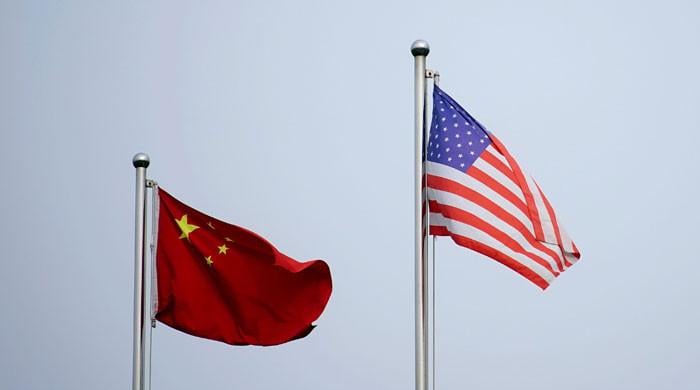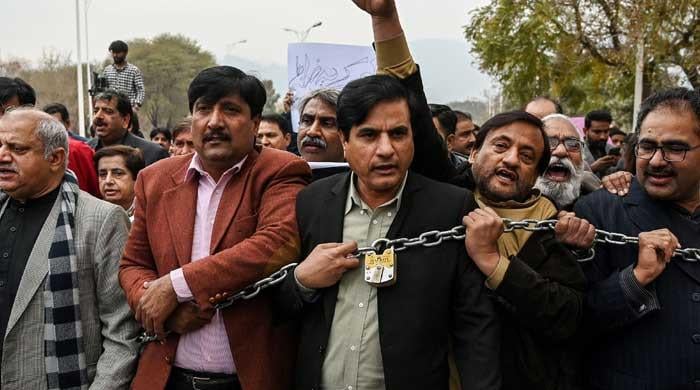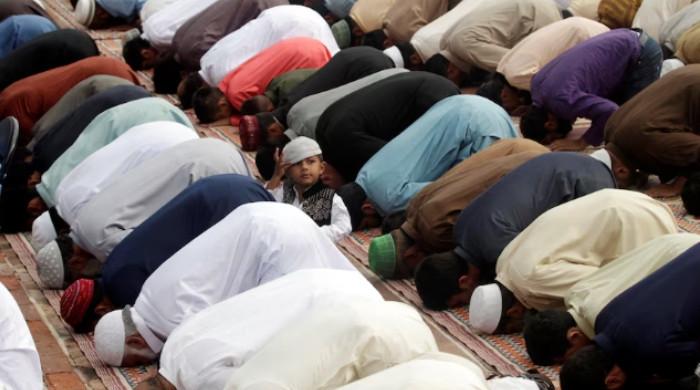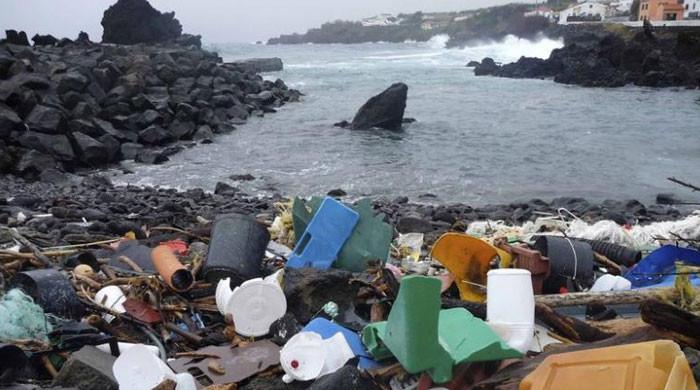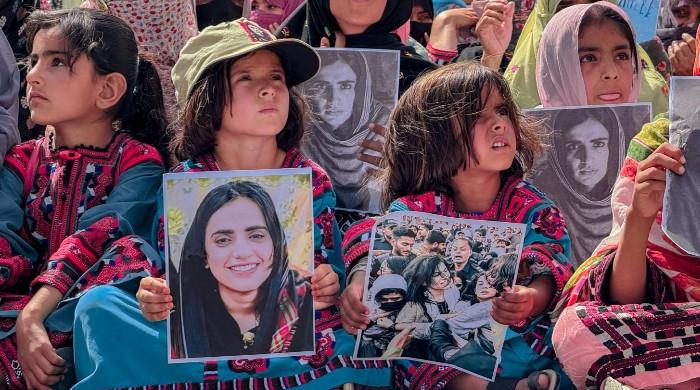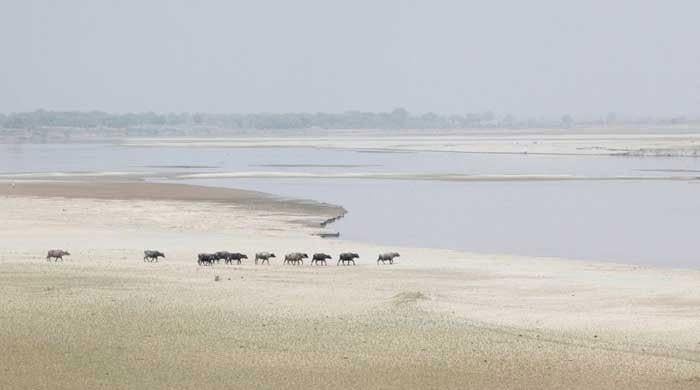Gen. Bajwa's Afghanistan trip: Searching for a breakthrough
One immediate outcome of General Bajwa’s visit to Kabul was the change in tone and attitude of Afghan President Ashraf Ghani
October 10, 2017
Pakistan Army chief General Qamar Javed Bajwa’s visit to Afghanistan on September 2 was yet another attempt by the two sides to stop further deterioration in ties.
This was the first interaction at the highest level between the two neighbouring countries since May 31, when an explosives-laden truck in Kabul killed around 150 people and wounded 300. Soon after, the Afghan government alleged that the Haqqani network had planned the bombing at its safe havens in Pakistan. Islamabad rejected the allegation. The incident only deepened the mistrust that characterizes the uneasy relationship.
One immediate outcome of General Bajwa’s visit to Kabul was the change in tone and attitude of Afghan President Ashraf Ghani. He had been publicly showing hostility toward Pakistan for months and once even said that Afghanistan and Pakistan were not brotherly countries. But on the day of the visit, the statement issued by his office quoted him as saying that the two were friends, further adding that the visit by Pakistan’s top military and intelligence officials to Afghanistan marked a ‘new season’ in the relationship.
The discussions during General Bajwa’s visit could possibly have something to do with Ghani’s changed attitude. However, it is still unclear whether any promises were made or agreement reached on contentious issues. That may be unlikely because the differences between the two sides are acute and certain disputes are old and almost intractable. Still, a new beginning could be made and the wish, jointly expressed by the two sides to forget the past and work hard for a better future, is meaningful.
Ghani, it seems, is using the window of opportunity provided after US President Trump’s new Afghanistan and South Asia policy. The Afghan President knows that Pakistan is under pressure since Trump’s strong criticism of it allegedly harbouring terrorists. He may have calculated that Pakistan will now be willing to bring the Afghan Taliban leaders to the negotiations table or take action against them and the Haqqani network.
Bajwa also took along with him Lt. Gen. Naveed Mukhtar, the chief of the Inter-Services Intelligence (ISI) - an organization that the Afghan government habitually blames for almost every act of violence in Afghanistan by linking it with the Afghan Taliban and the Haqqani network.
The Pakistan Army chief had a one-on-one meeting with the Afghan President before their aides joined them to discuss a host of issues, including security in the region, bilateral relations, peace and stability, anti-terror efforts and matters concerning business and transit trade.
Dr. Omar Zakhilwal, the Afghan ambassador in Pakistan, who boasts of playing a role in facilitating Bajwa’s visit, termed the meeting between the two leaders as ‘constructive and encouraging.’
From the statements issued by the two sides in Kabul and Rawalpindi, it was obvious that Ghani had repeated his demand of Pakistan taking practical steps for enabling peace and stability to return to Afghanistan. He also wanted to set up task teams in different sectors to form a clear cooperation framework and establish a monitoring mechanism to make sure the two countries fulfill their promises.
Bajwa, on the other hand, renewed Pakistan’s offer of intelligence sharing and training Afghan military officers. His predecessor, General (r) Raheel Sharif, had made similar propositions and even managed to oversee the signing of a memorandum of understanding for intelligence-sharing between the ISI and the Afghan intelligence agency, National Directorate of Security (NDS). But Kabul buckled under pressure by opponents of the deal, and failed to get it implemented. As for the training of Afghan military officers in Pakistan, Ghani despite domestic opposition sent six cadets to study at the Pakistan Military Academy in Kakul, Abbottabad, before halting the process. In comparison, about 1,100 Afghan military officers are being sent to India for training annually, much to Pakistan’s concern.
While Bajwa’s visit to Kabul has raised expectations of a gradual improvement in Pak-Afghan relations, there is a realization that achieving a breakthrough won’t be easy. There is wide divergence of views between Islamabad and Kabul. For example, Pakistan considers India a spoiler and a destabilizing force. However, Afghanistan is convinced that India is a stabilizing force and is backing Trump’s call to New Delhi to play a bigger role in the war-ravaged country’s development. Bridging the gap would require overcoming the distrust that has plagued relations between Islamabad and Kabul. It would be worthwhile if the two countries can take steps to improve their relations bilaterally instead of being pressured and arm-twisted by the Trump administration to do its bidding.
A recent Afghan special forces raid in Nangarhar province reportedly killing 7 Jamaatul-Ahraar fighters has come as a pleasant surprise to Pakistan’s military authorities as it is probably the second time that Kabul has targeted Pakistani militants based in Afghanistan. This augurs well for the future of Pak-Afghan relations, though Pakistan will like more such operations and Afghanistan in return will want similar action by Pakistani forces against Afghan Taliban and Haqqani network.
Yusufzai is the Resident Editor of The News International in Peshawar
Note: The views expressed in the article are those of the author, and do not necessarily reflect the official policy or position of Geo News or the Jang Group.






